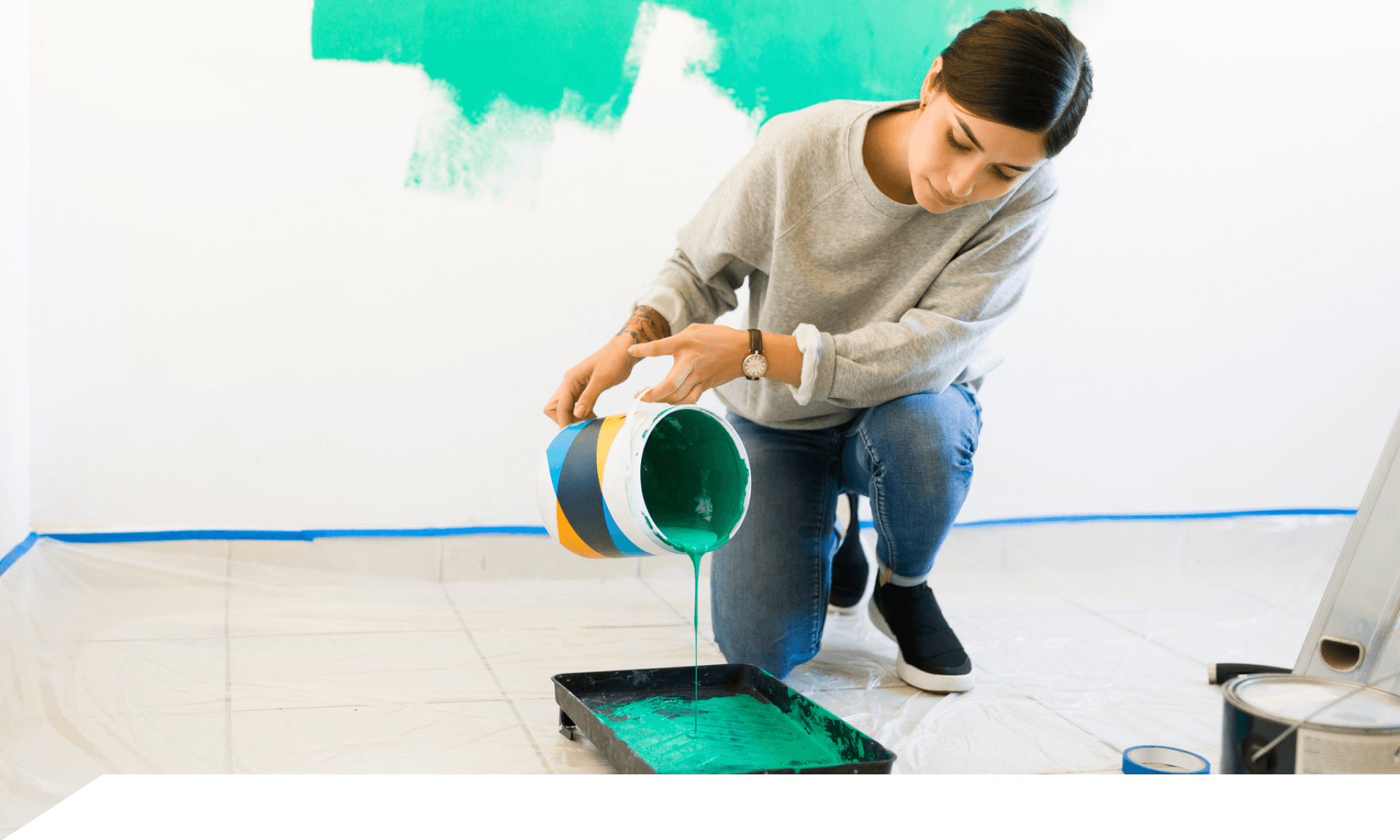Ten years after the Flint water crisis, lead contamination is still top of mind — recently it was found in items like tampons and applesauce. The truth is, lead is all over our planet and has been used in many products, including paint, pipes, batteries, and cosmetics. So we asked Carl Baum, MD, a professor of pediatrics and of emergency medicine at the Yale School of Medicine, whether all of this should send you into a spiral.
How worried should I be about lead in everyday items or foods?
Everyday items or foods can be a source of lead exposure for children — usually when the products are imported from other countries, or kids are drinking contaminated water, Baum explains. But household “dust,” particularly in older homes, is the main culprit of lead exposure, he says. Some problematic surfaces can include doors, windows, porches, and soil around the house.
For adults, one of the more common contamination sources is from exposure at work — particularly for those working in jobs like construction, mining, or auto repair. That can be a problem for children, because of contact via their parents’ “occupational exposure,” Baum explains.
Overall, lead exposure is more of a threat to kids because “the actively developing brains of young children make them uniquely susceptible to the central nervous system toxicity of lead,” which could be irreversible, Baum explains. There’s concern for adults too — but mainly around symptoms that are reversible.
What should I do if I’m worried about lead exposure?
The best thing you can do is prevent it. That includes researching ingredients in certain products before you use, eat, or drink something or learning how they’re manufactured. When it comes to your own environment, it may also mean “ensuring a home is safe before a child moves in,” says Baum. He adds that people shouldn’t remove or repair homes with presumed lead themselves because they can actually make the situation worse. “Only those who are certified by the EPA should do the work,” he says.
If you’re concerned about lead levels in your or your child(ren)’s blood, consider getting a blood test through a PCP — it’s the best way to really know how much lead could be in your or their bodies.
Live Smarter
Sign up for the Daily Skimm email newsletter. Delivered to your inbox every morning and prepares you for your day in minutes.
